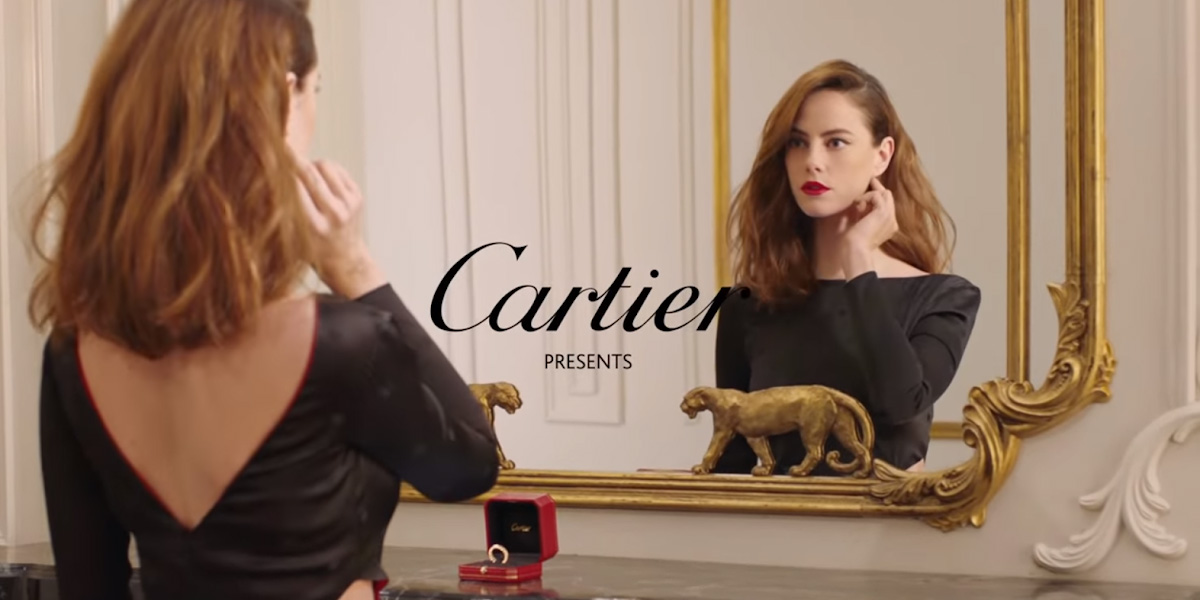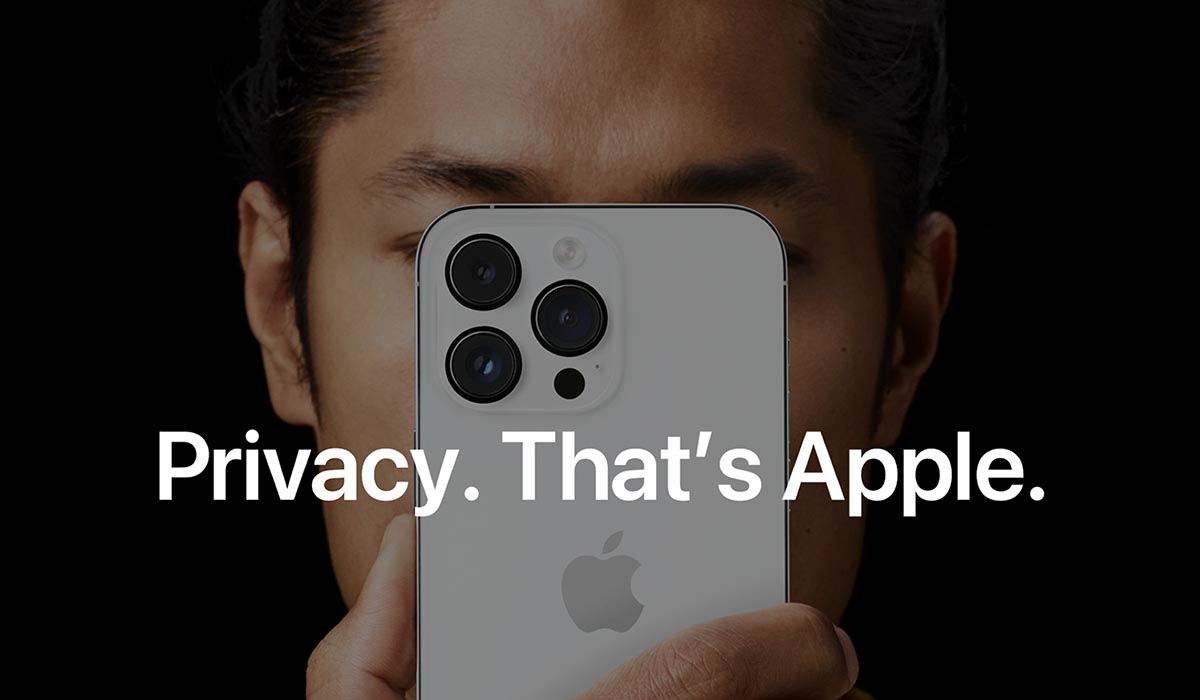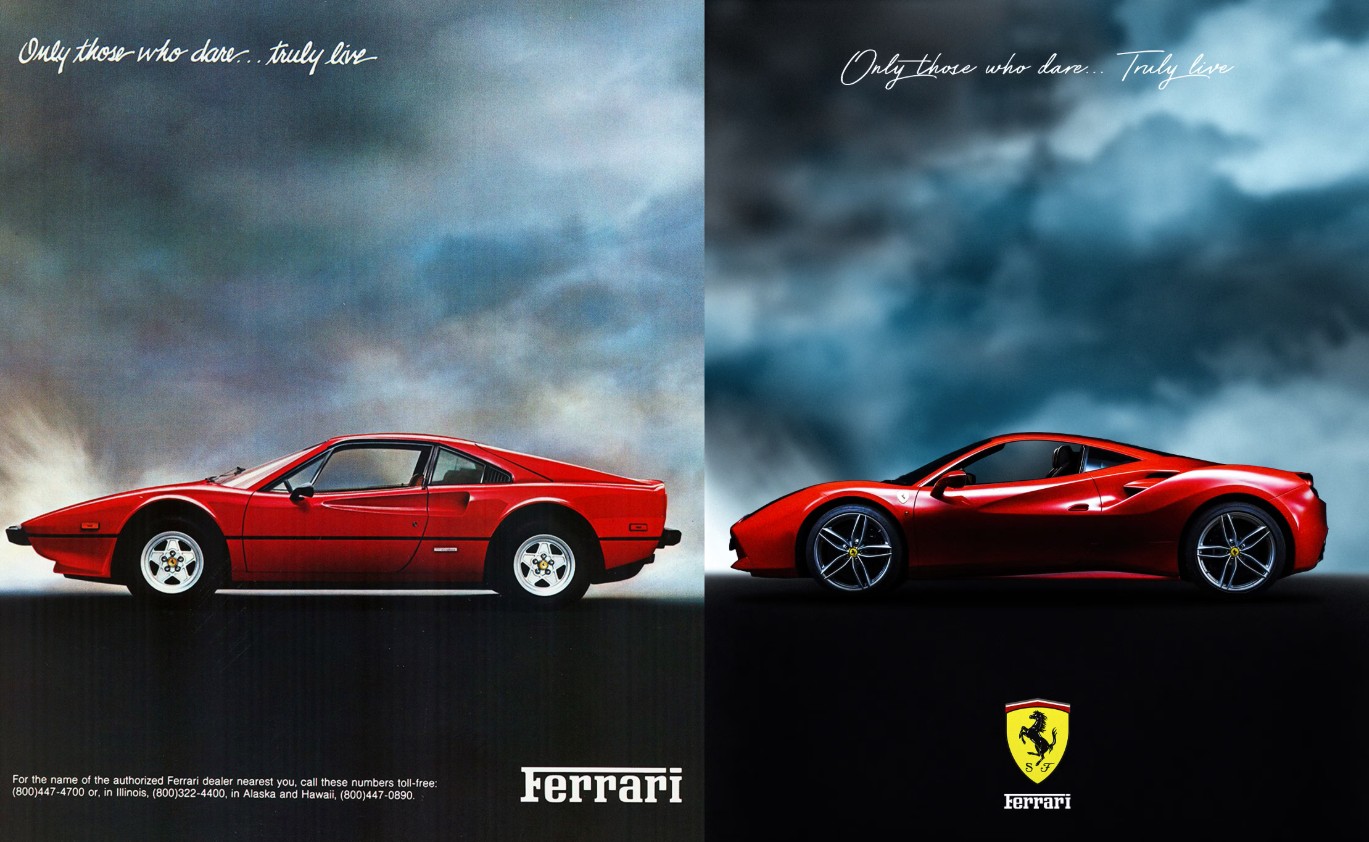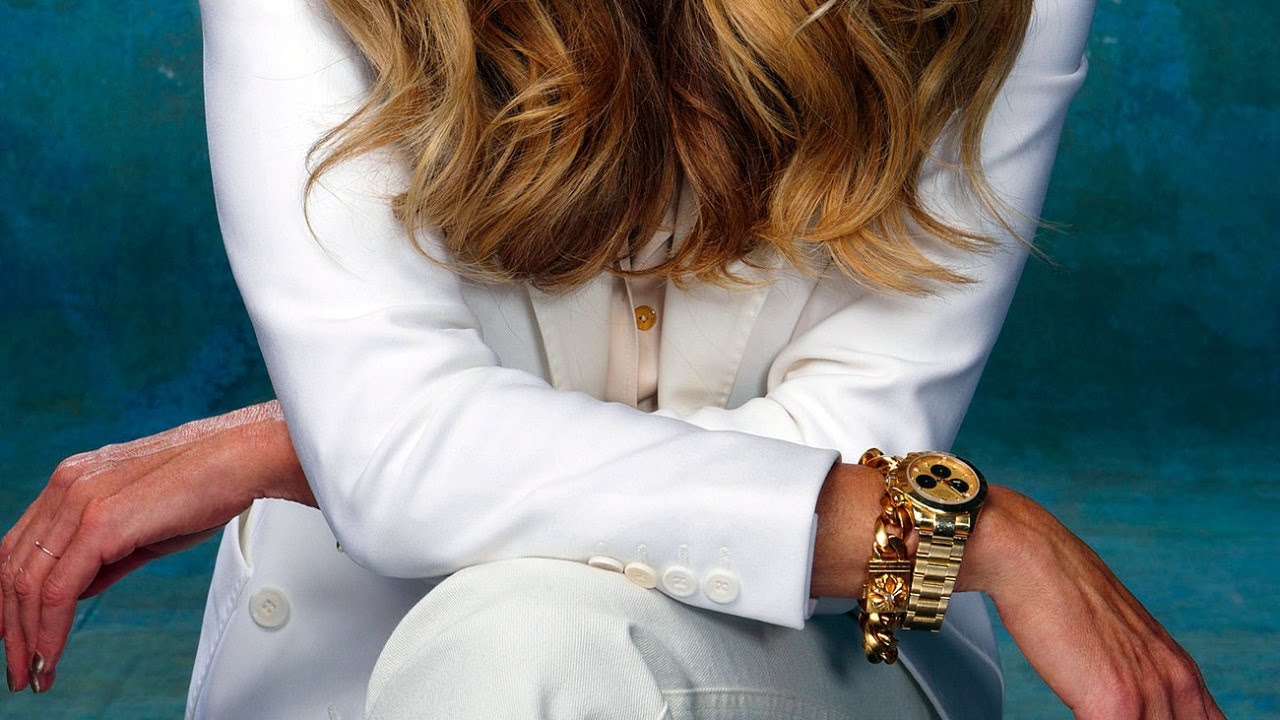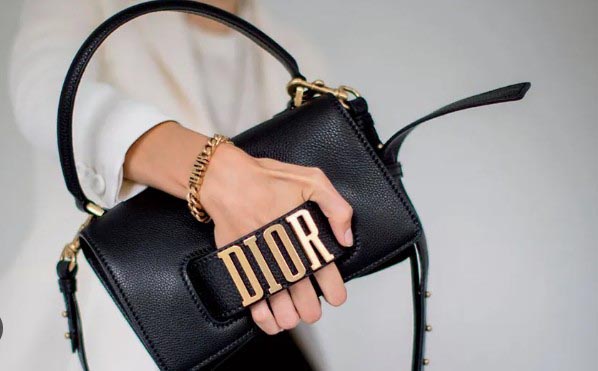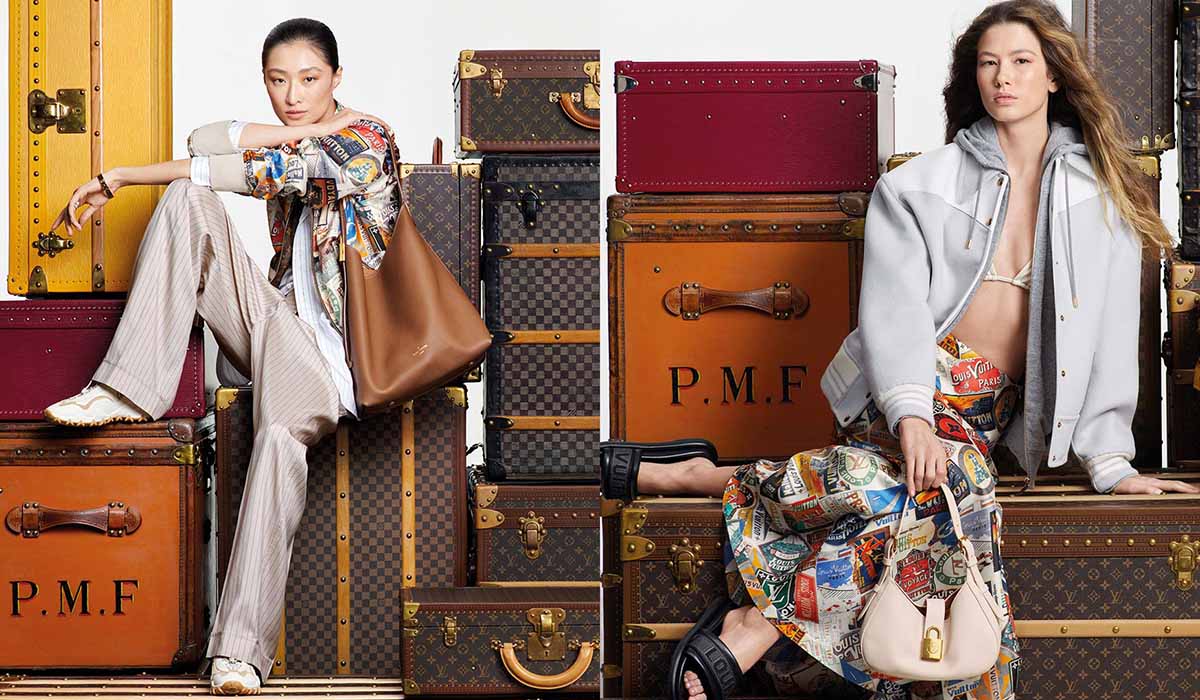Ever Wondered Why Luxury Brands Feel So Irresistible?
Key Points
- Luxury Brands Marketing – Sell Emotions, Not Products – They market aspirations, status, and exclusivity rather than just watches, cars, or handbags. It’s about the story behind the product.
- Scarcity & Celebrity Endorsements Drive Desire – Limited editions, waitlists, and high-profile influencers make luxury items feel more desirable and unattainable.
- The Real Value of Luxury is Perception – Many high-end products aren’t significantly better in function, but their emotional appeal and status make them worth the price for buyers.
It’s not about the product. It never was.
Luxury brands don’t just sell watches, handbags, or cars.
They sell emotions, aspirations, and an unspoken promise that owning their product will make you part of something bigger—an exclusive world where success, sophistication, and status come effortlessly.
That’s why a Rolex isn’t just a watch. It’s a symbol of achievement.
For instance, white lotus marketing explores how luxury brands master storytelling and branding—check the link to learn more.
A Ferrari isn’t just a car—it’s speed, adrenaline, and victory.
Cartier? It’s love, legacy, and a fairytale wrapped in diamonds.
We don’t just buy luxury. We buy the story behind it.
The Art of Selling a Dream
When was the last time a high-end brand focused on just the specs of its product? Hardly ever. Instead, they create a feeling.
They wrap you in a vision of who you could become with their product in your hands.
Apple does this brilliantly. They don’t just say, “Here’s a great phone.”
Instead, they show you a sleek lifestyle, effortless creativity, and a community of people who “think differently.”
The same goes for Chanel, which doesn’t sell perfume—it sells allure, confidence, and timeless elegance.
Luxury brands tap into our desires, sometimes even ones we didn’t know we had. And that’s why they can charge sky-high prices.
The Power of Storytelling in Luxury Marketing
Every major luxury brand has a story. And storytelling is what makes their products feel larger than life.
- Rolex: More than a watch—it’s the mark of a self-made success. Every Rolex wearer is part of an elite club of achievers.
- Louis Vuitton: It started with a teenage boy making custom trunks for Parisian travelers. Today, it represents global prestige and timeless craftsmanship.
- Ferrari: Founded on the racetrack, Ferrari stands for passion, power, and the thrill of victory. It’s not just about driving—it’s about winning.
- Van Cleef & Arpels: Their signature jewelry collections are inspired by fairy tales, romance, and dreams coming true. You’re not just buying a necklace—you’re buying a piece of magic.
These stories make people feel emotionally connected to a brand. And when emotions take over, logic steps aside, making that luxury purchase feel absolutely justified.
Why Do We Fall for Luxury?
The answer is simple: status, identity, and emotional connection.
- Status & Exclusivity – Luxury brands thrive on scarcity. Limited editions, waitlists, and hefty price tags create a sense of exclusivity. When you own a Hermès Birkin bag, it’s not just about fashion—it’s about proving you’re part of the few who can have it.
- Identity & Belonging – People buy luxury not just to own a product but to align themselves with a certain lifestyle. Wearing Gucci or driving a Tesla signals who you are (or who you aspire to be).
- Emotional Reward – Let’s be real: luxury makes us feel good. It’s indulgent, it’s aspirational, and it gives a dopamine boost. Whether it’s a Chanel bag or a high-end spa experience, luxury taps into the pleasure center of our brains.
The Luxury Brands Marketing Magic: How Luxury Brands Keep Us Hooked
Luxury brands know exactly how to keep us coming back for more. Here’s how:
1. Scarcity & Exclusivity
Ever wondered why luxury brands make certain products “hard to get”?
- Limited-edition collections (think Dior’s seasonal handbags;)
- Invitation-only shopping experiences (like Chanel’s VIP client services;)
- High price tags that signal exclusivity;
The harder it is to get, the more we want it. It’s psychological.
2. Influencer & Celebrity Power
Luxury brands don’t rely on traditional advertising. Instead, they leverage A-list celebrities, influencers, and cultural icons to showcase their products in aspirational settings.
When Zendaya wears a Bulgari necklace or Cristiano Ronaldo shows off his Jacob & Co. watch, they aren’t just modeling jewelry—they’re selling a lifestyle. And people want in.
3. Experiential Marketing
Luxury isn’t just about owning—it’s about experiencing.
Brands like Louis Vuitton and Gucci have turned their stores into immersive experiences, offering personalized shopping, exclusive launches, and VIP treatment.
Even brands like Ferrari offer driving experiences, giving potential buyers a taste of the power and prestige before making a purchase.
Once you feel it, it’s hard to resist.
But… Is Luxury Really Worth It?
Here’s where the conversation gets interesting.
With the rise of trends like No Buy 2025, more people are questioning their spending habits.
Is a $10,000 handbag really better than a $500 one? Is a $50,000 watch functionally superior to a $500 timepiece?
In many cases, no. But that’s not the point.
The real value in luxury isn’t always in the product itself—it’s in what it represents.
It’s about perception, craftsmanship, heritage, and emotion.
And for those who buy into it, that feeling is worth every penny.
The Takeaway: Should you buy into the dream from luxury brands marketing?
Luxury brands have mastered the art of selling dreams.
They know how to make us desire more than just a product—they make us crave a lifestyle, a feeling, a story.
So, should you buy into luxury?
That’s up to you. If a product truly makes you feel good and aligns with your values, go for it.
But if you’re chasing a brand name just for the sake of status, it might be worth asking:
Do I want this for myself, or for how others will perceive me?
Either way, one thing is certain: luxury isn’t going anywhere. The next time you see a high-end brand’s campaign, take a moment to notice the story they’re telling.
Because in the world of luxury, it’s never just about the product—it’s about the dream!
